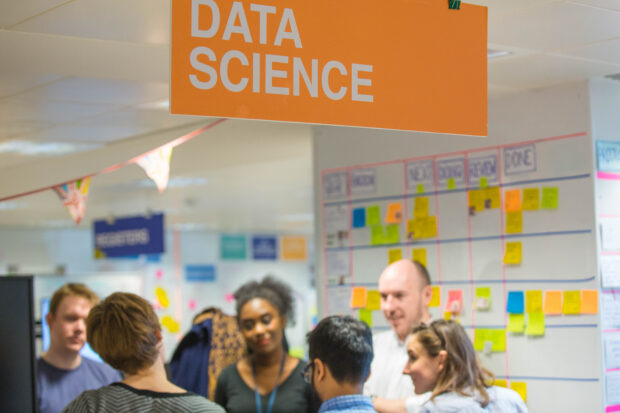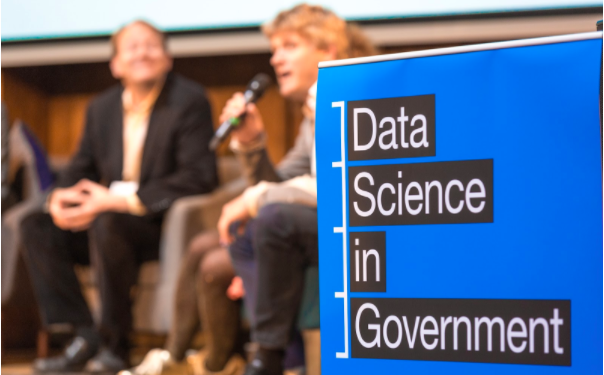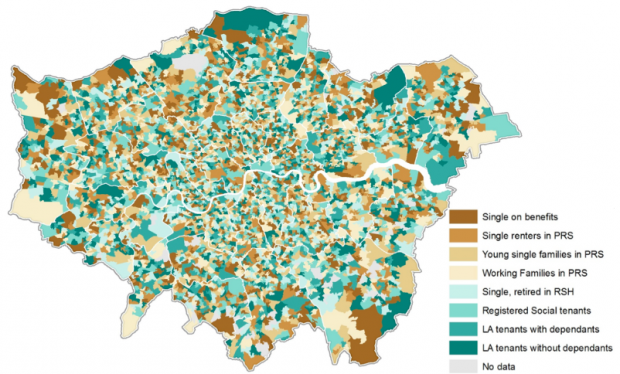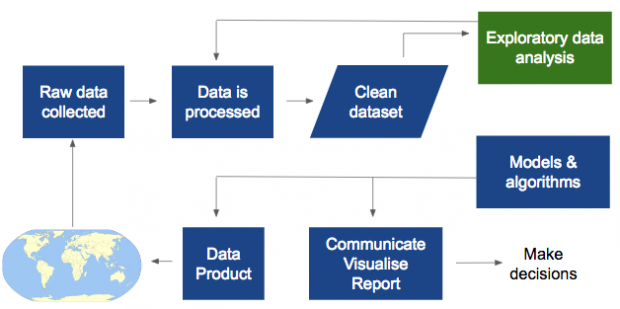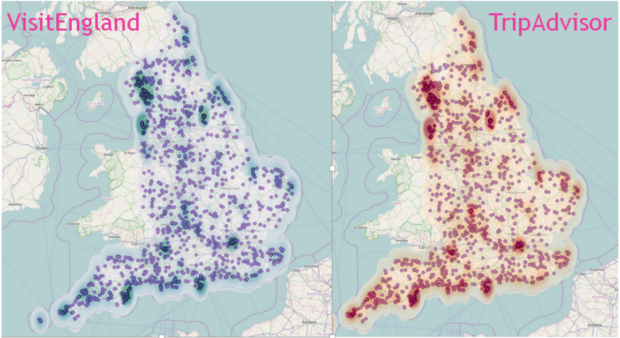...UKHO is now building upon Chris’s code for their operational decision making by examining how cloud cover data could improve the processing of satellite imagery. Automatic categorisation and enhanced reporting...
The Data Science Accelerator programme is open again for applications until 12 June. Don’t miss out.
The Data Science Accelerator, now in its third year, is a capability-building programme which gives analysts from across the public sector the opportunity to develop their data science skills by...
...instead focus the necessary resources onto the patients who are at most risk. For more information on the Accelerator programme please see our guidance page or email us at data-science-accelerator@digital.cabinet-office.gov.uk....
The fifth Accelerator programme has now finished and we have 29 graduates from 21 organisations with the skills and technical knowledge to make a real contribution to data science across the public sector. This is a significant achievement in just …
The Data Science Accelerator is a cross-government training programme. It’s backed by GDS, the Office for National Statistics, Government Office for Science, and the analytical professions (statistics, economics, operational research and social research). Forty-one people from 26 organisations across the …
GDS have now run 5 rounds of the Data Science Accelerator, and several participants have since gone on to roles where they can use their new skills. We are proud of this success. The Accelerator is a truly cross-government programme, …
We’ve recently invited another round of applications to the Data Science Accelerator Programme. This blog gives you a taster of what that involves. It covers recent Accelerator projects and our latest Data Science Show and Tell (where 2 of these projects …
...models to predict the occupation codes for the injuries. In the current reporting process the free text is still collected but, due to resource constraints, the coded SOC information is...
Last year we launched the Data Science Accelerator Programme, believing that “time, training and technology” could help government analysts learn data science skills. Participants in the programme dedicate time away...


